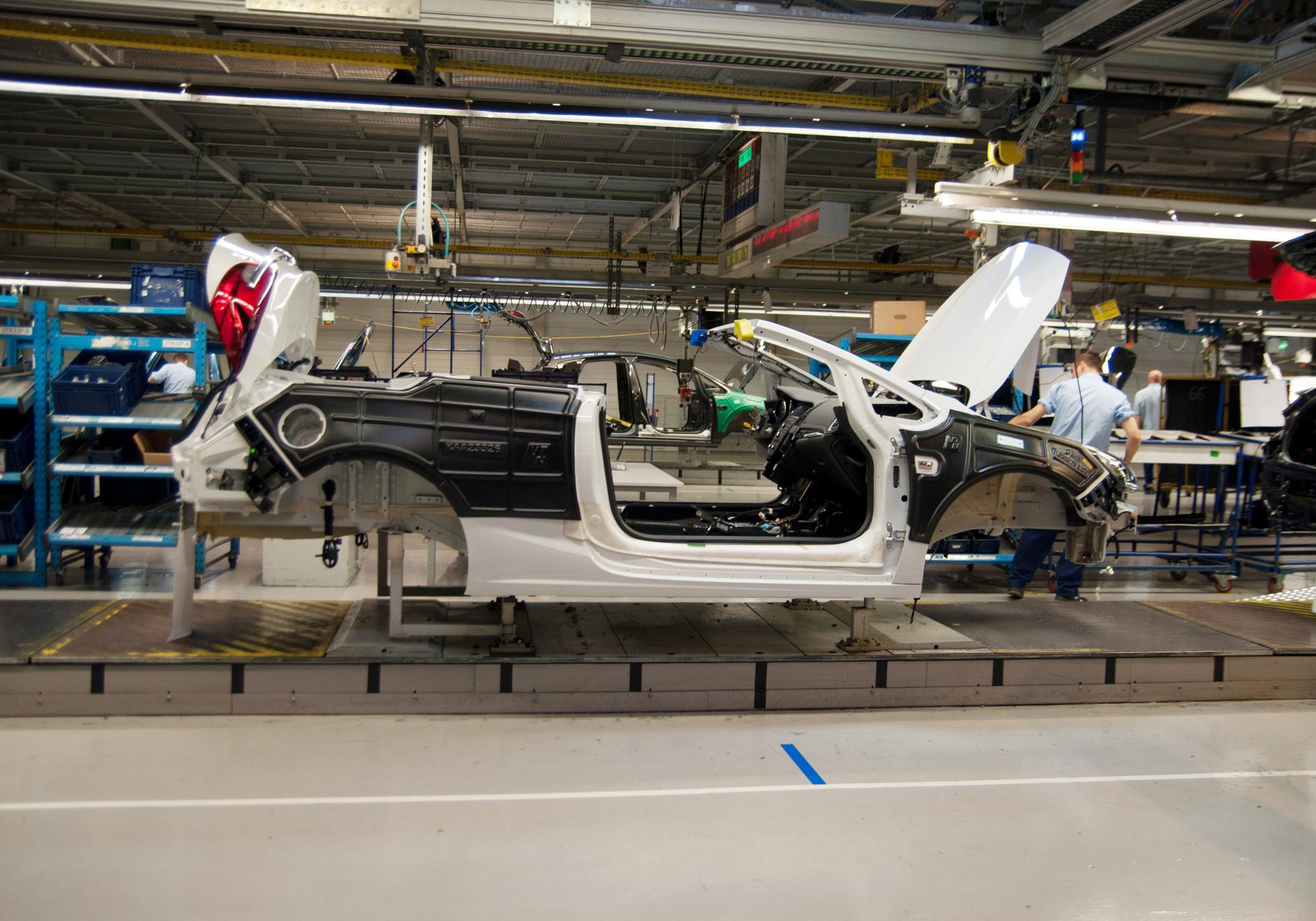Uni of Adelaide seeks social histories of Holden

Uni of Adelaide seeks social histories of Holden
Historians at the University of Adelaide and Monash University are searching for former Holden employees to interview about their working experiences for an oral history project to be housed at the National Library of Australia.
Holden ceased manufacturing vehicles in Australia at the end of 2017, ending more than a century of automotive manufacture in this country.
The research team will delve into the memories of those who worked at Holden between 1945 and 2017, in an attempt to unearth the remarkable history of this company and its workers who, for many decades, were so successful in manufacturing vehicles.
“We worked hard but had a good time too. We were proud of the cars we built, even at the end. Holden’s last Australian car was its best.”Stewart Underwood
Associate Professor Paul Sendziuk from the University of Adelaide’s School of Humanities said, as “South Australia’s largest private employer for much of its life-span and the linchpin of the state’s manufacturing sector, Holden’s final factory closure evoked grave concern for its workers and the hundreds of smaller component manufacturers and local businesses that figuratively and literally fed its factory and workforce’’.
“The role that workers, and the working-class communities in which they lived, played in Holden’s business warrants thorough investigation, as does the effectiveness of the company’s attempts to help its workforce transition to new jobs”, he said.
“Whereas most histories of Holden - and histories of automotive manufacturing in general - focus on the mercurial careers of senior executives and the cars, this project puts manufacturing workers and places at the centre of the story.”
Stewart Underwood, 66, of One Tree Hill, began at Holden as a 16 year-old in 1969 and worked at its Woodville and Elizabeth plants for more than 40 years. “I had come from England and joined a cosmopolitan workforce of British, Greek, Italian and Polish migrants, and established Australians”, he said. “By then, Holden was employing plenty of women as well, mainly in the trim fabrication area”.
“We worked hard but had a good time too. We were proud of the cars we built, even at the end. Holden’s last Australian car was its best.”
Anyone who worked at any of Holden’s Adelaide or Melbourne-based factories, such as Woodville, Elizabeth, Dandenong and Fishermen’s Bend, is eligible to be interviewed as part of the project.
Those with stories to share are urged to contact the researchers via the project website: www.ua.edu.au/holdenhistory, email: holdenproject@adelaide.edu.au or telephone: 08 8313 6352.
The project is supported by Australia Research Council, GM Holden, the National Library of Australia, and the National Motor Museum.
Media Contacts:
Associate Professor Paul Sendziuk
School of Humanities
University of Adelaide
Phone: +61 (8)8313 7562
Email: paul.sendziuk@adelaide.edu.au
Elisa Black, Manager – News and Media
The University of Adelaide
Mobile: +61 (0)466 460 959
Email: elisa.black@adelaide.edu.au
